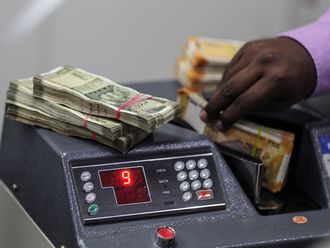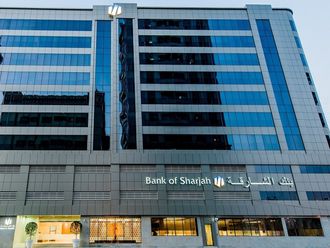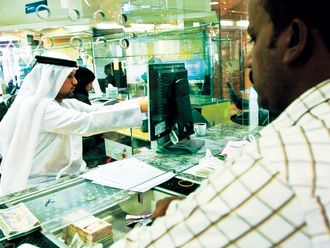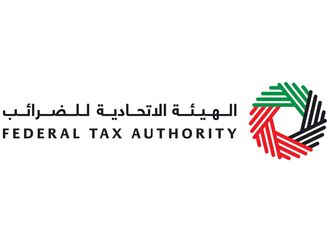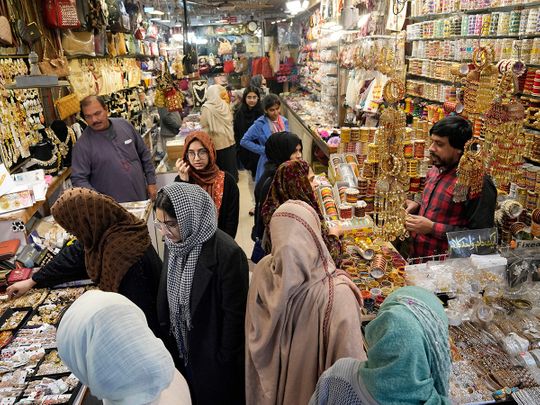
Islamabad: Pakistan’s central bank raised its benchmark interest rate to 20 per cent to rein in soaring inflation that it expects to quicken further as the country works to resume a $6.5 billion International Monetary Fund bailout.
State Bank of Pakistan’s monetary policy committee increased the target rate by 300 basis points from 17 per cent, the central bank said in a statement on its website Thursday. The move was seen by 6 of 38 economists, most of whom expected a 200-basis-point hike. The current 20 per cent is the highest since June 1997 when the central bank used a different benchmark, according to data compiled by Bloomberg.
“The MPC noted that the recent fiscal adjustments and exchange rate depreciation have led to a significant deterioration in the near term inflation outlook and a further upward drift in inflation expectations,” the central bank statement said. “The short-term costs of bringing down inflation are lower than the long-term costs of allowing it to become entrenched.”
The average inflation this fiscal year ending June is now expected in the range of 27 per cent - 29 per cent against the November projection of 21 per cent - 23 per cent, it said. Price gains quickened for a third month in February to 31.55 per cent, the most since the 1960’s, according to central bank data.
“The Committee expects inflation to rise further in the next few months as the impact of these adjustments unfolds before it begins to fall, albeit at a gradual pace,” the central bank said. SBP will hold its next monetary policy review on April 4.
The latest tightening comes as the nation tries to secure the IMF bailout to avert a debt default, unlock more funding and stave off severe supply shortages. There are $7 billion of repayments in the coming months, including a Chinese loan of $2 billion due in March, according to Fitch Ratings.
Pakistan needs to repay about $3 billion dues while $4 billion is expected to be rolled-over until June, Governor Jameel Ahmad said in an analyst briefing, adding that the nation remain “committed to make all debt payments.”


